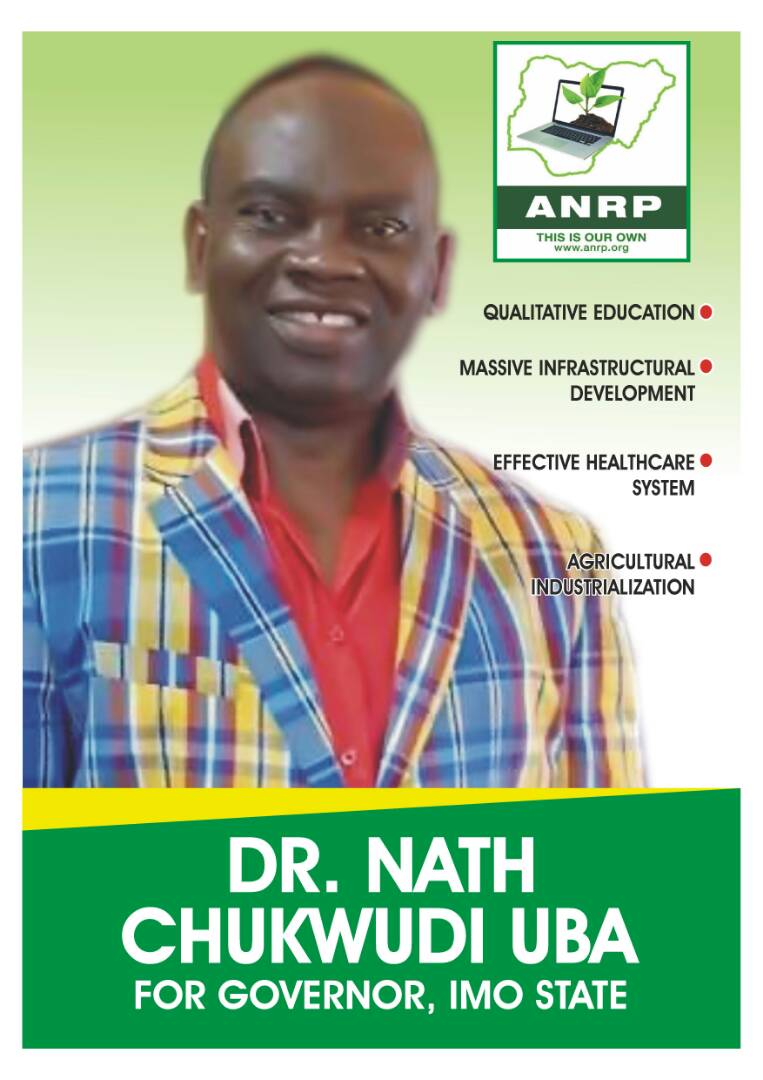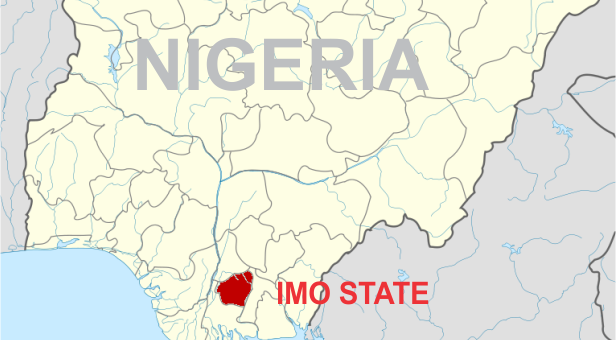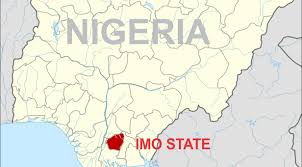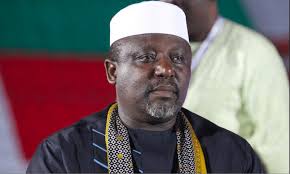A group of political analysts have predicted how political parties classified as “small” may cruise home to victory in next year’s governorship election.
According to them, history has shown that since the advent of democracy in the country in 1999, the “small political parties” have either by omission or commission “dwarfed” the so called big political parties and their candidates during elections in Imo State.
However their success at the polls have been anchored on interplay of political dynamics which usually play out in the State before elections and not necessarily their size and might which is not comparable to the big political parties.

History has revealed that after the Peoples Democratic Party, PDP won the Imo governorship election in 1999 and 2003 with Achike Udenwa, it has never won elections in Imo State again despite its size and might.

In 2007, Ikedi Ohakim of a “small political party” known as the Progressive Peoples Alliance, PPA won the governorship election.The PPA was relatively unknown at that time and was never in bookmakers searchlight as one of the parties that may win the guber polls.
However, it became a huge beneficiary of the crisis that almost tore the PDP in Imo State to shreds at that time. Whatever claims by the PDP that it aided PPA’s victory during the 2007 election is of no importance as it remains on record that the PPA not the PDP won the 2007 governorship election in Imo State.

The political events of 2007 is also a yardstick.Political pundits argue that the All Progressive Grand Alliance, APGA, then tagged a rag tag political party won the governorship election in the State. It’s candidate, Rochas Okorocha defeated candidates of “big political parties” including an incumbent Governor of the PDP, Ikedi Ohakim.
Governor Okorocha who had dumped APGA in 2011 used the All Progressive Congress, APC, a new political party as at 2014, to win a second term as Governor of Imo State in 2015.
Though the APC could be classified a big political party at that time considering its size and tentacles based on the fact some political parties came together to form it, it was barely a year old at that time and was resented by majority of Imolites who saw it as “a northern political party”, yet Okorocha used it to win a second term as Governor in Imo State.

The 2019 governorship election opens another window of opportunity for the so called small political parties in Imo State.
Analysts contend there is the likelihood that the “small parties” may come up with another spring of surprise in the coming elections in 2019 judging from the prospects they have shown in recent times. But there is a snag.Their success is largely dependent on the political mood of the people of the State.
Mr. Stanley Egbujor, a political analyst, told this newspaper in Owerri that the political mood of Imo people will influence their line of voting at the election especially during the governorship .

He said “In 2007, Imolites got fed up with the crisis in the PDP and voted for PPA. In 2011, they opted for APGA and Rochas Okorocha because they felt Ohakim of the PDP insulted their collective sensibilities by “flogging” a Reverend Father. In 2015, a lot of sentiments played out. The mood of the people divided and the APC benefited from it
“2019 will be a different ball game. There is so much resentment in the land and so much is yet to unfold and this is why the big political parties and their candidateshave to work very hard” Egbujor said
According to him, the so called “small political parties” stand a chance during the election depending on the disposition of the electorate towards the big political parties and the candidates they field.
He continued ” If history will repeat itself then some of the so called small political parties include the United Progressive Party, UPP, the Maja party, the African Democratic Congress, ADC stand a chance in the polls. Its not all about what structures they have. But what will make the difference during the elections are the candidates and their ability to magnetize the electorate to support their aspirations”.







